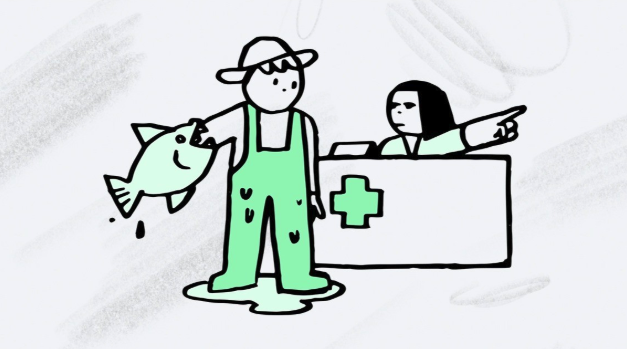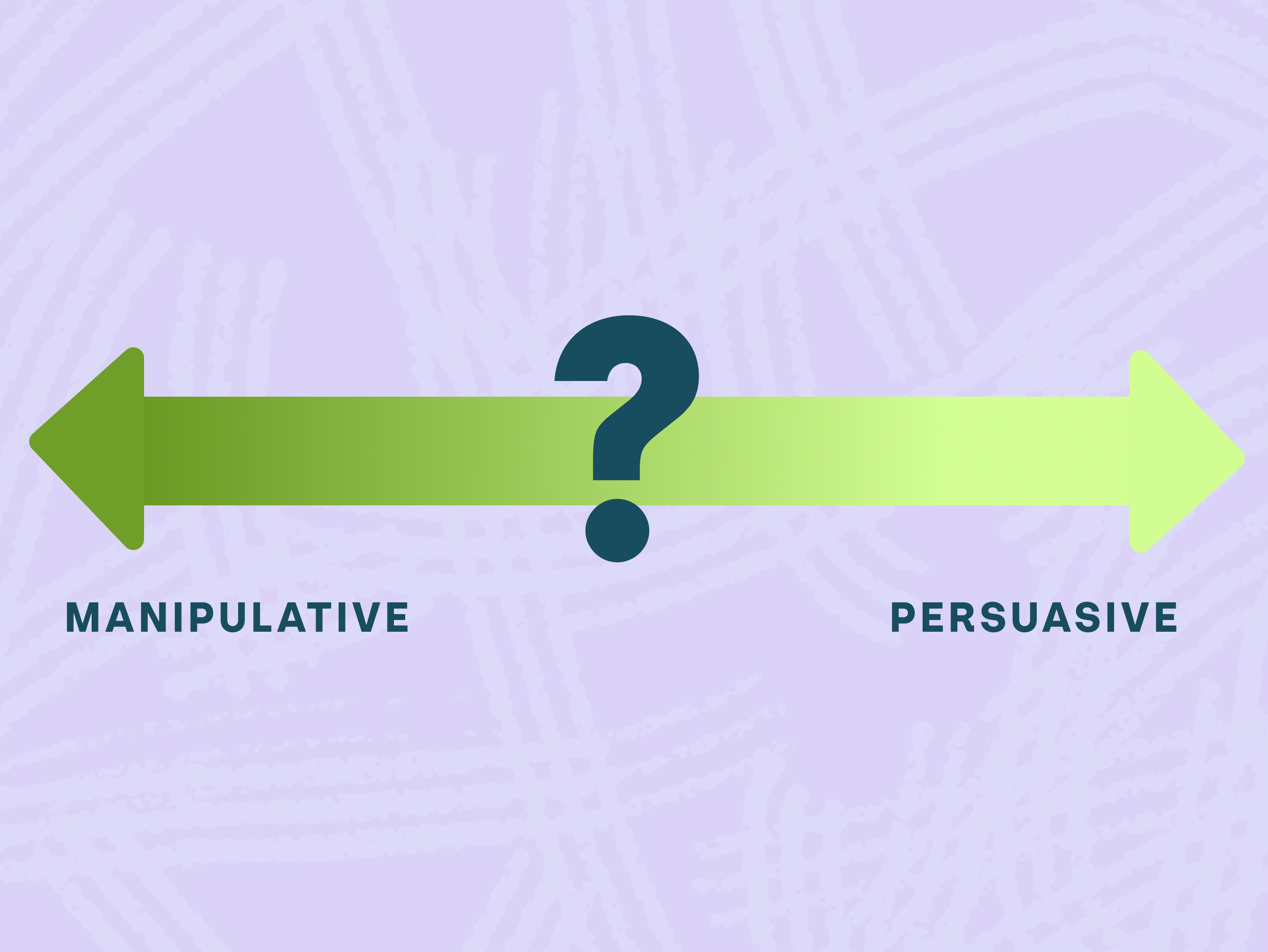Recap: 2024 State of User Research Report
Thoughts on the key findings from the 2024 State of User Research study by User Interviews.

First of all, I should mention how exciting it is to partner on a webinar hosted by a product that I have used for my entire research career—User Interviews! Cooler still, are the amount of people interested in the content they are creating! People from all over the world, too—India, South Africa, Poland, Brazil, and, of course, good old Ohio to name a few!
In case you missed it, here are some of my favorite soundbites from the webinar that included me, Jane Davis (Senior Product Manager, Maze ), and Ben Wiedmaier (Senior Content Creator, User Interviews).
ReOps are the key to scaling research, not more researchers.
The State of User Research (SOUR) Report states that researchers and People Who Do Research (PWDRs) are overall more satisfied with their research support when they have Research Operations (ReOps) professionals within their org:
Researchers with ReOps expressed positive feelings about the time they spend supporting PWDRs more often than Researchers without ReOps (74% vs. 65%—a statistically significant difference). Perhaps even more importantly, both Researchers and PWDRs who have ReOps report significantly higher satisfaction with the research support they receive than those without.
However, as Jane said, making a researcher’s job easier is not often a good enough case for hiring. But as I see it, there actually is a business case for hiring ReOps professionals—speed.
Having ReOps’ support makes sure that the short-term fires of finding a recruitment partner or finding a tool that can facilitate the type of research method you need are taken care of while also thinking about the long-term—does our current process work? How do we adopt new research methods? What else do we need to serve our stakeholders? So that you, the researcher, can focus on producing research quickly without being bogged down by either short-term or long-term operational challenges.
Upskilling PWDRs is a key part of a researcher’s job.
The conversation around generalists vs. specialists is a controversial topic. However, I think enabling designers, PMs, engineers, etc. to do research should be a core part of your job as a researcher, especially for in-house folks where teams aren’t always assigned a researcher.
Some researchers see the democratization of research as a risk to their own role. However, I think teaching your team when they might do research, what methods they could use, and what questions research can answer actually creates advocates for research that will eventually bring you more of the work you’d like to be doing.
Measuring the impact of your work is more important than ever.
At ZoCo, measuring our impact as an agency has historically been a challenge due to a lack of insight into our client's companies. However, what we've learned is that the best first step towards understanding what KPIs matter to your stakeholders is to just ask.
This conversation should start at the kickoff of a study and can include things like:
- Where does this work funnel up? What KPI does it impact?
- Why does it matter? What decision will you make based on the results?
Often stakeholders aren’t thinking about this unless you ask them directly. And in our experience, they get really excited to know that you are thinking about how to make them look good.
But generating quantitative metrics that impact the business’ KPIs isn’t always possible (depending on your position within a company or if, like us, you’re an agency) so you have to be creative. Even being able to invalidate an assumption the team had been working with, saving them from investing more in that idea, is a valuable way to track your impact.
Overall, we’re feeling positive about the future of the industry!
Both Jane and I feel very optimistic about the future of researchers in the industry. Although the landscape is tough, it forces researchers to figure out their strengths.
The more we can go after understanding what we need to do in the future, the better. Gone are the days of every org having a super deep research bench, but as a discipline, we’re poised to evolve into the next more mature version focused on how we solve decision-making.
– Jane Davis
Thanks again to User Interviews for including me!
If you're interested in hearing more from me or ZoCo Design follow us on LinkedIn, or visit our website.
What's next?
What challenges is your team facing? How do you reflect on them and implement changes into your processes? We’d love to hear if any of these reflections resonate with you!
Have a project you’re working on and need some support? Reach out to us.
Do you just want to chat about product, UX, research, process, and methodologies? We’re down for that too. Let's chat.
Do you want to avoid talking to another human being right now? We get it. Sign up for our Curious Communications newsletter to stay up to date on all things UX and other curiosities. We’ll hit your inbox every few weeks.
Check out our Ultimate Guide to UX Research & Product Design Services
Looking for insights for healthtech product leaders, delivered to your inbox every few weeks? Sign up for our newsletter.
Currently exploring
UX Mastery



.svg)
.svg)
.svg)
.svg)
.svg)
.png)


.svg)

